SUMMARY
This is AI generated summarization, which may have errors. For context, always refer to the full article.
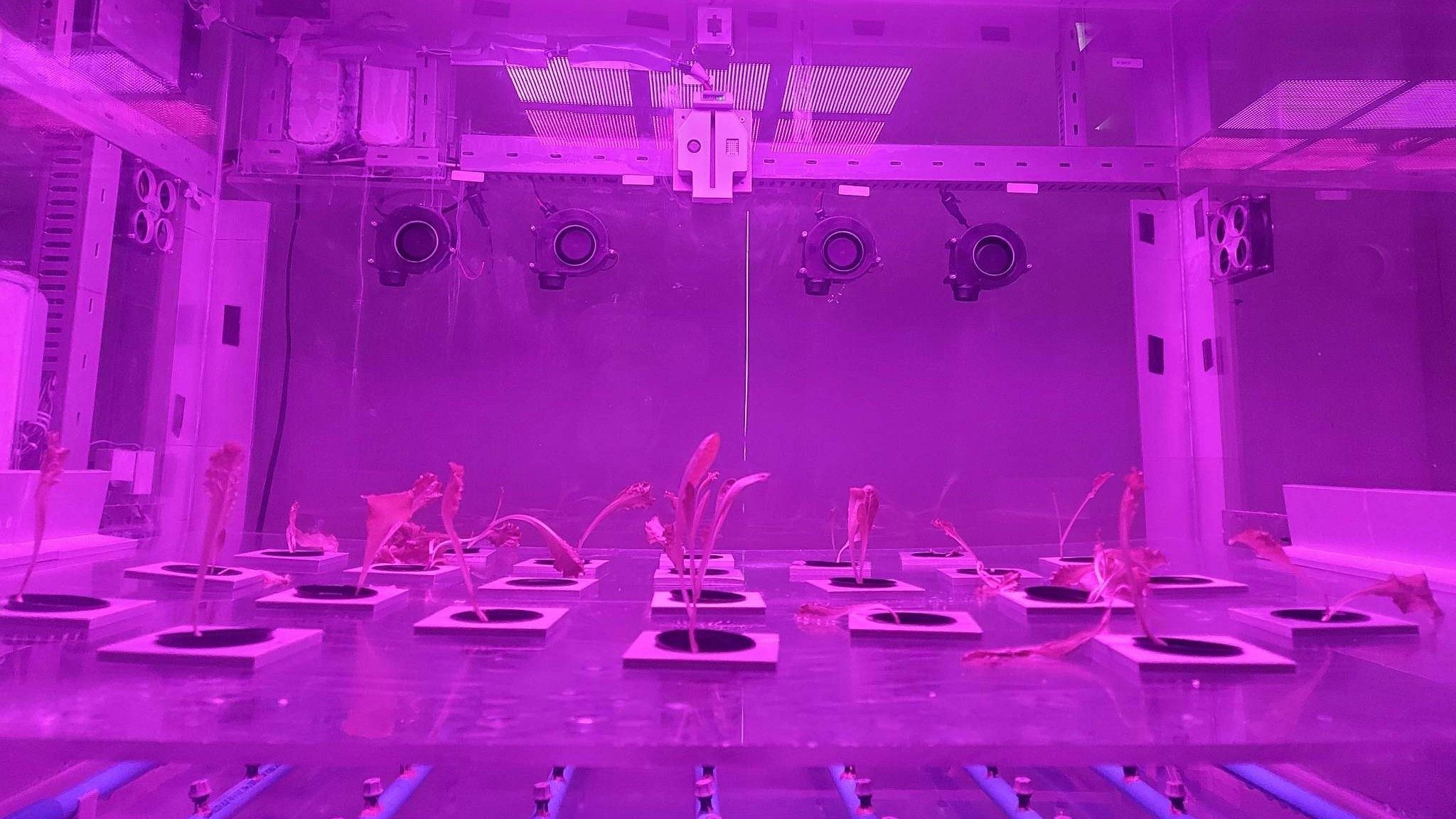
The Department of Science and Technology (DOST) presented Philippine-made, artificial intelligence (AI)-powered innovations to scientists at one of the world’s biggest technology trade shows, the Consumer Electronics Show (CES 2023) in Las Vegas, Nevada, and at a business mission in San Francisco, California from January 5 to 11.
The innovations showcased, developed by the agency’s Advance Science and Technology Institute (ASTI), include ROAMER (Robot for Optimized and Autonomous Mission-Enhancement Response), an automated robot that can monitor plants and detect plant diseases in order to aid farmers; Gul.AI, a plant growing system that uses sensors to monitor plants, and collect data that can be accessed online; and DATOS (Remote Sensing and Data Science), an engine that analyzes geospatial data for disaster risk-reduction and agricultural purposes.
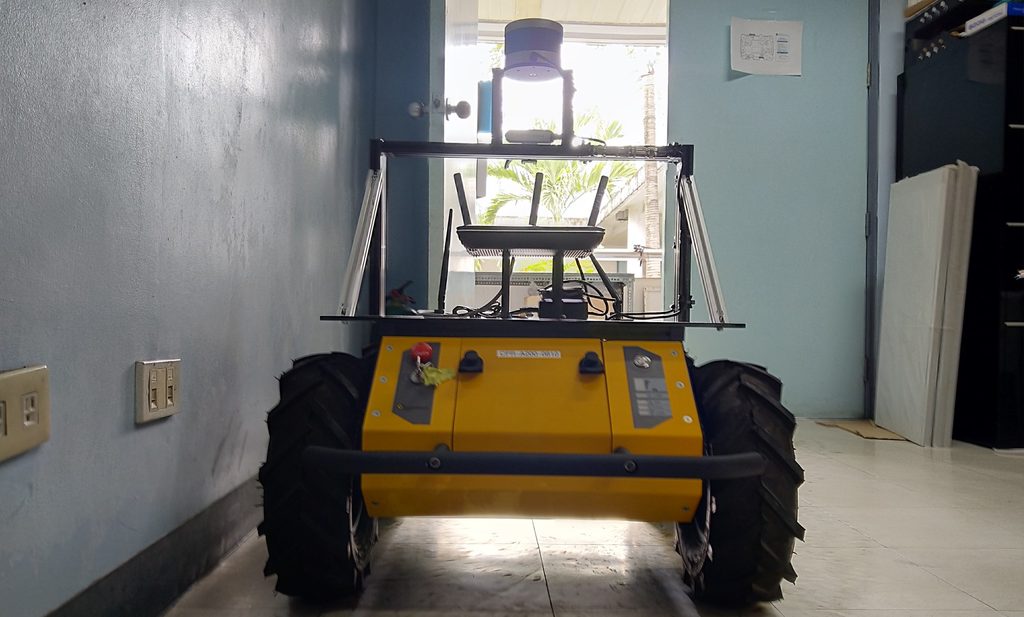
ROAMER is being designed to autonomously go around plantations, and using AI, identify which plants may have a disease to prevent further spread. Currently, the pilot study for the project is being conducted with a partner banana plantation in Mindanao. The wheeled robot hopes to alleviate manpower issues related to monitoring plantations. The project began in June 2021, with a budget of P24.7 million, with implementation expected in June 2024.
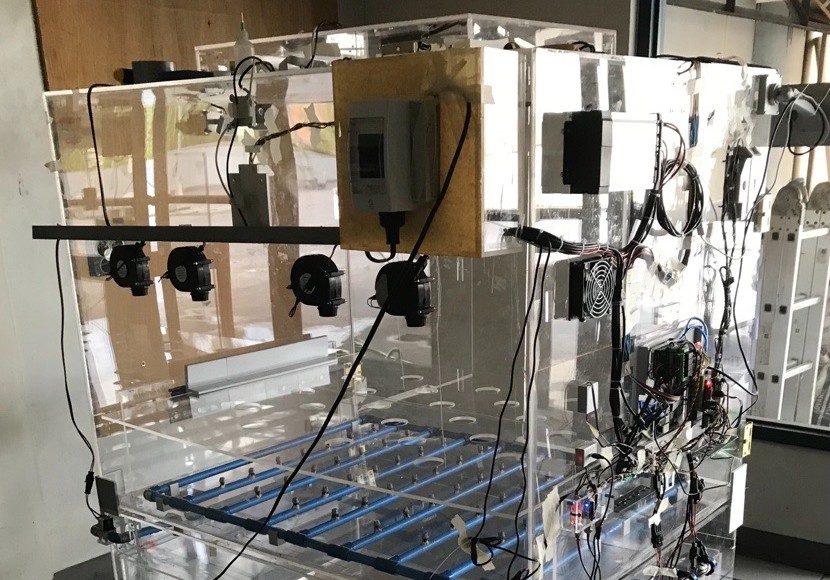
The Gul.AI project aims to encourage the youth to learn about crop farming and technology, through a plant box with sensors that measure various information. Data from plants being monitored are then collected, and made accessible through a web platform, with proposed AI-related uses for the data. The data is analyzed to see which parameters work best for a certain plant, building a knowledge database that can potentially be applied to future farming.
“By deploying plant box components capable of collecting data through onboard sensors, data is collected and parameters not-easily seen before such as water pH level, relative humidity, temperature, luminance, and live imaging of the monitored area recorded in a cinch,” OpenGov reported in March 2022. The report also said that the DOST reached an agreement with the University of Rizal System for field testing of the Gul.AI prototype.
DATOS represents a consolidation of various DOST efforts, with a primary goal of collecting relevant disaster information, and its dissemination to relevant agencies. As stated on its DOST page, it relies on the CoARE project for data archiving and machine learning functions, and the PEDRO project as its primary source of satellite images that DATOS processes.
The DOST said its attendance in these international trade events is part of its initiative to strengthen emerging technologies in the Philippines, such as semiconductor manufacturing, AI and robotics, through partnerships with governments and key industry players.
It also gains various insights and possibilities for the country to use in market intelligence and in benchmarking homegrown technologies. The agency touted that the innovations it showcased were at par with their international counterparts, which include France’s SentiV, a scouting robot for monitoring field crops; Israel’s Agwa, an AI-assisted indoor vegetable-growing device; and Japan’s Land Evaluation Engine, an application for monitoring lands of interest from space.
“Similarly, as we vision to continuously be abreast with countries with cutting-edge technologies, we explored potential investment opportunities and areas for cooperation particularly with startup companies and universities in Silicon Valley,” said DOST undersecretary Leah Buendia.
The Philippine delegation was composed of members from the DOST, the Department of Trade and Industry (DTI), Department of Information and Communications Technology (DICT), Philippine Economic Zone Authority (PEZA), the Semiconductor and Electronics Industries in the Philippines Foundation, Inc. (SEIPI) and the Philippine Trade and Investment Center (PTIC).
“We also recognize the importance of having a pool of experts in achieving this vision, hence we have the commitment of continuous knowledge transfer and developing our home-grown science and engineering workforce through the Balik Scientist Program,” added Buendia. – Rappler.com
Add a comment
How does this make you feel?
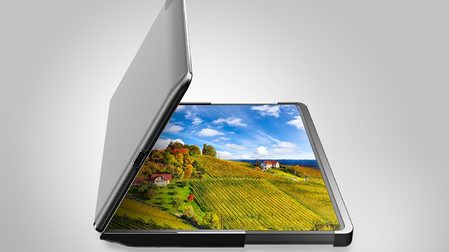






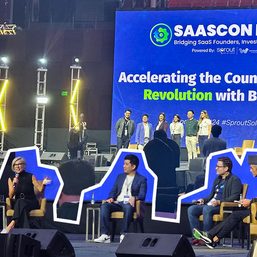
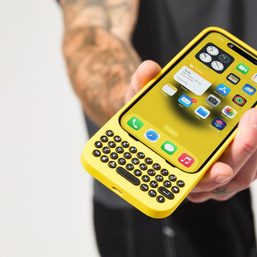
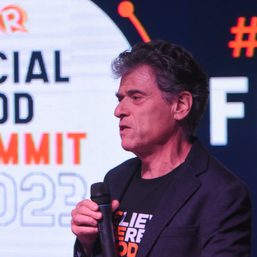
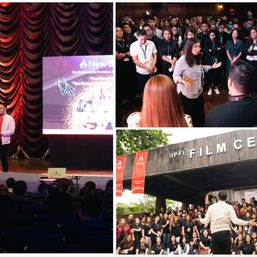
There are no comments yet. Add your comment to start the conversation.